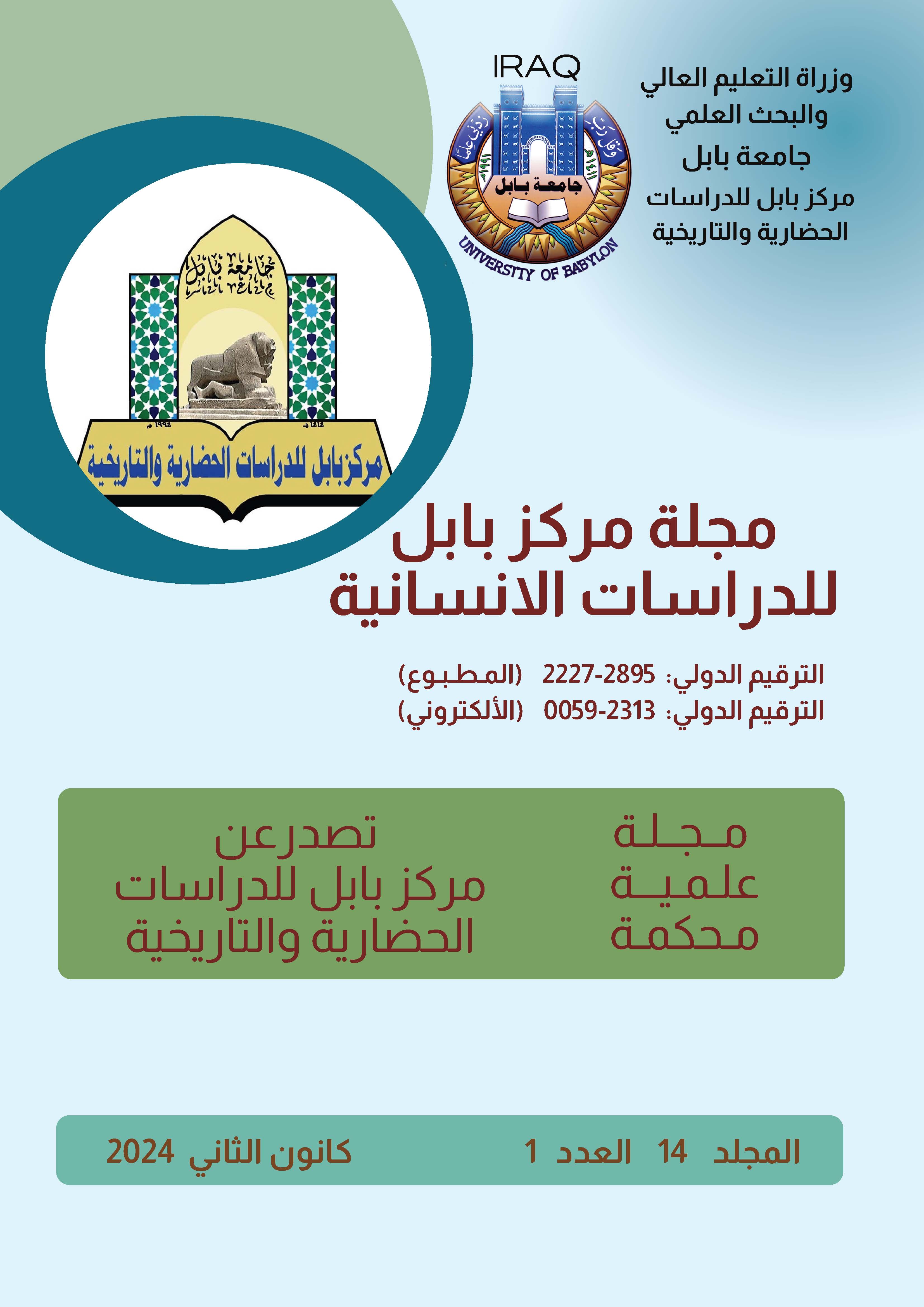التصوف الإسلامي من خلال كتابات المستشرق البريطاني دي لاسي إيفانز أوليري– اختياراً
الكلمات المفتاحية:
التصوف الإسلامي , الاستشراق والتصوف , كتابات المستشرقين في التصوف , التصوف والشطحاتالملخص
التصوف الإسلامي عبارة عن رحلة روحانية أو سفر معراجي له بداية ونهاية ووسط، البداية هي التطهير والهروب من الدنيا الزائفة والوسط هي الخلوة والريضة الروحية والمجاهدة الصوفية، أما النهاية فهي اللقاء والوصال الذاتي، والتصوف ينبني على أربع مقومات جوهرية وهي المجاهدات والتجليات الغيبية والكرامات والشطحات، وقد دافع ابن خلدون عن أصحاب المجاهدات والتجليات الغيبية والكرمات الخاصة بالمتصوفة والأولياء الصالحين وميزها عن المعجزات الخاصة بالأنبياء، كما اعتبر صاحب الشطحات معذوراً، لأنه يكون في حالة سكر وانتشاء ذوقي لا يعي ما يقوله أو ما يردده من أقوال أو ألفاظ أو مرويات.
المراجع
التنزيلات
منشور
2024-01-23
إصدار
القسم
Articles







